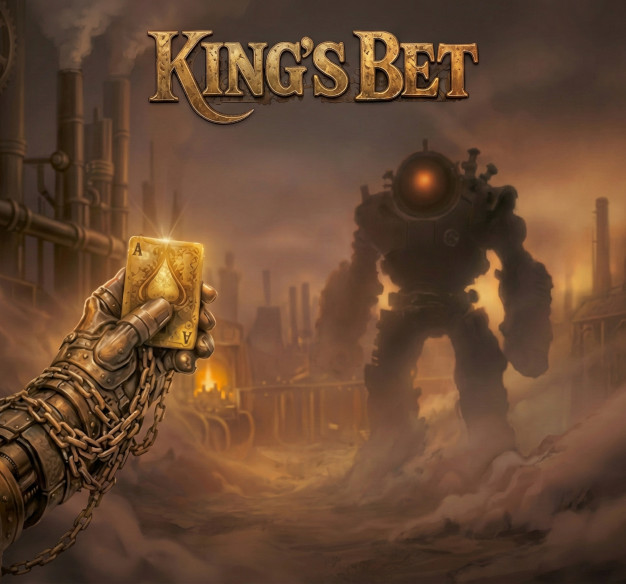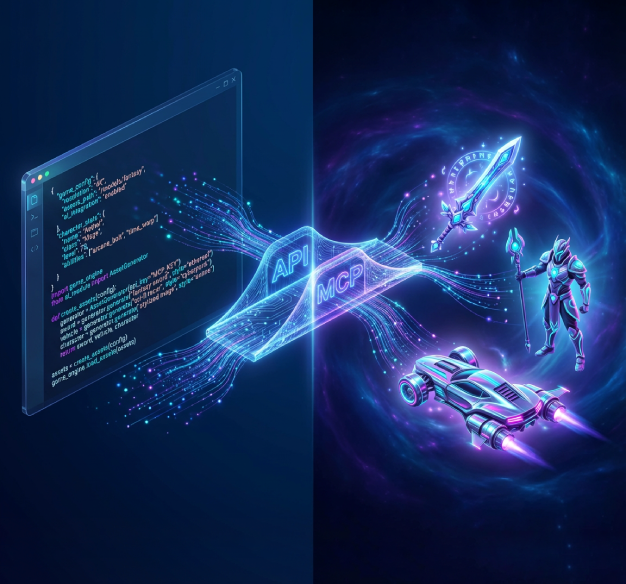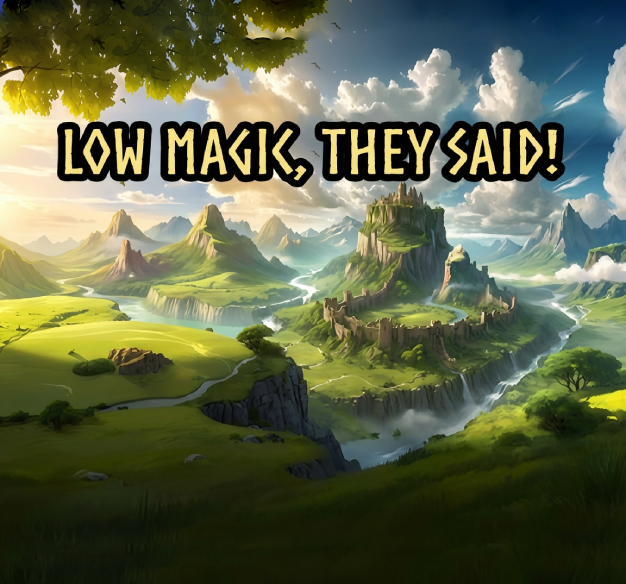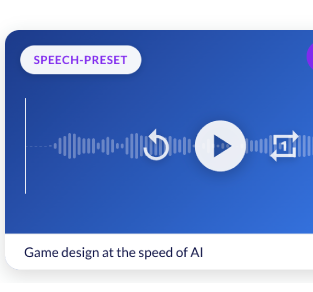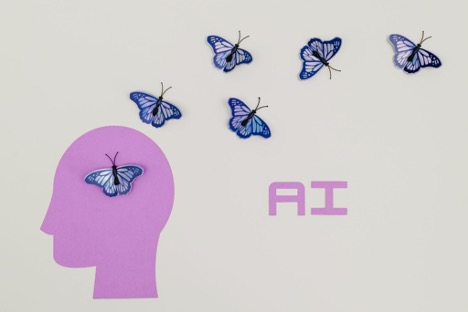
Artificial intelligence (AI) has been transforming various industries, and the world of video game development is no exception.
AI-powered tools such as Ludo.ai’s game creation and ideation tools are revolutionizing the landscape of game development, enabling game creators to enhance creativity, streamline workflows, and create richer gaming experiences.
In this blog post, we will explore how AI tools are changing the game development landscape and shaping the future of the industry.
Content Creation
When it comes to content creation, we can sometimes hit a creative roadblock with churning out fresh ideas on a consistent basis. Not only that, but content creation is a time-consuming and labor-intensive process in game development.
However, AI tools are beginning to make this creation process more efficient and less monotonous. AI-powered content creation tools can automatically generate images, textures, sprites, concept art, GUI (graphical user interface) elements, avatars, in-game artwork, animations, sound effects, and even music for games.
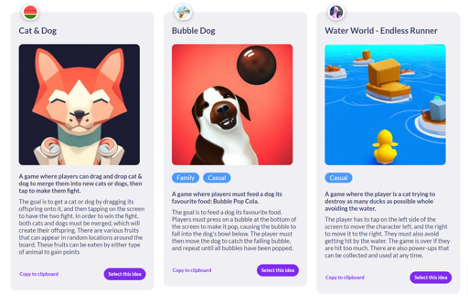
These tools (such as our very own Ludo.ai platform) can also assist in creating complex and detailed game assets, game ideas, and game concept documents, reducing the need for artists to start from scratch, enabling faster iterations in the game development process, and shortening the time it takes for game developers to take their ideas from concept to approval.
Smart NPCs and AI Characters
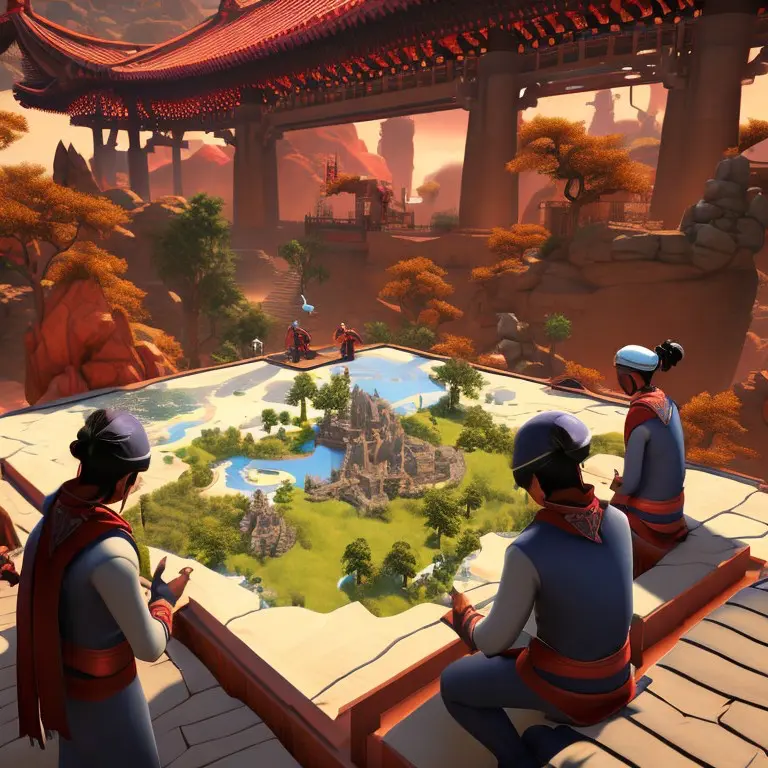
Non-playable characters (NPCs) and AI-controlled characters are critical elements of most video games. AI tools are enabling the creation of smarter NPCs and AI characters that exhibit more realistic and dynamic behavior. AI algorithms can simulate human-like behavior, decision-making, and emotions, making NPCs and AI characters more believable and immersive. These AI-powered characters can adapt to the player's actions, learn from their behavior, and provide more interactive and personalized experiences in games.
Workflow Optimization
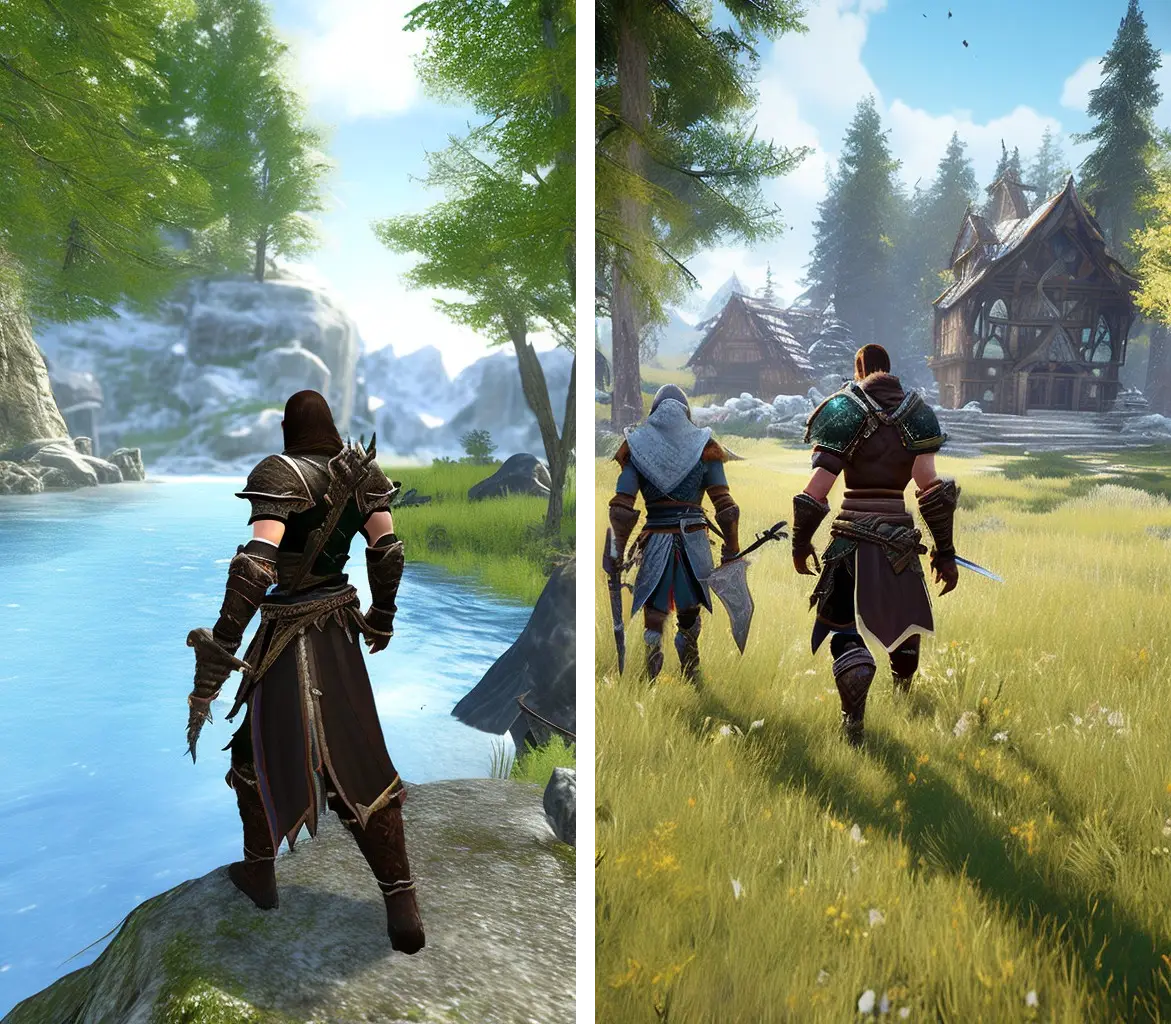
Game development involves multiple stages and complex workflows. AI tools are optimizing these workflows and reducing development time and costs. AI-powered tools can automate tasks such as bug detection, testing, and quality assurance, freeing up developers' time to focus on creative aspects of game development.
The biggest workflow optimization happening right now is in artwork creation. Creating original art used to be extremely laborious, but now it can be made quickly and cost-effectively with image generators. Both small independent studios and large AAA studios alike are relying heavily on it.
Game Design Assistance
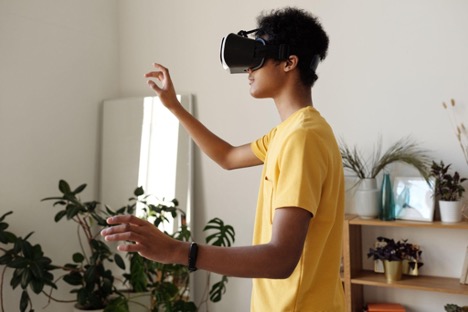
While not exactly part of the recent phenomenon in AI technology, AI tools have already been transforming game design by providing assistance and insights to game developers. AI-powered game design tools can analyze game mechanics, gameplay patterns, and player behavior to provide valuable feedback and suggestions for improving game design. These tools can also simulate and test different game scenarios and predict player behavior, helping developers fine-tune gameplay elements and balance game difficulty. This empowers game designers to make data-driven decisions and create more engaging and enjoyable games.
Conclusion
AI tools are transforming game development, making it faster, more efficient, and more accessible. The examples we’ve highlighted are just a few ways in which artificial intelligence is changing the game development landscape.

